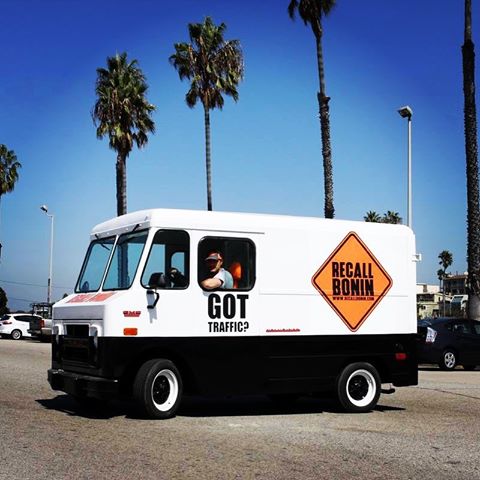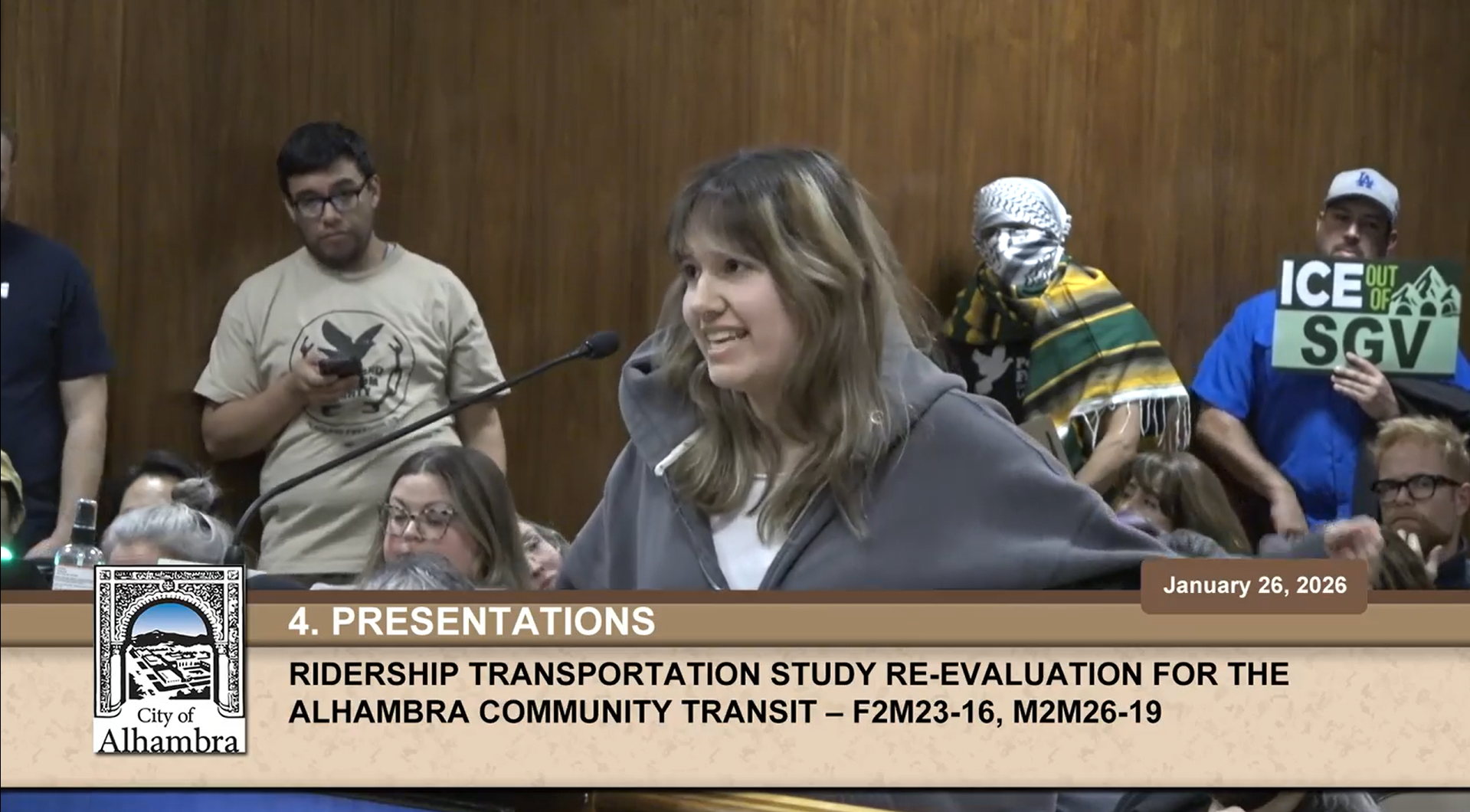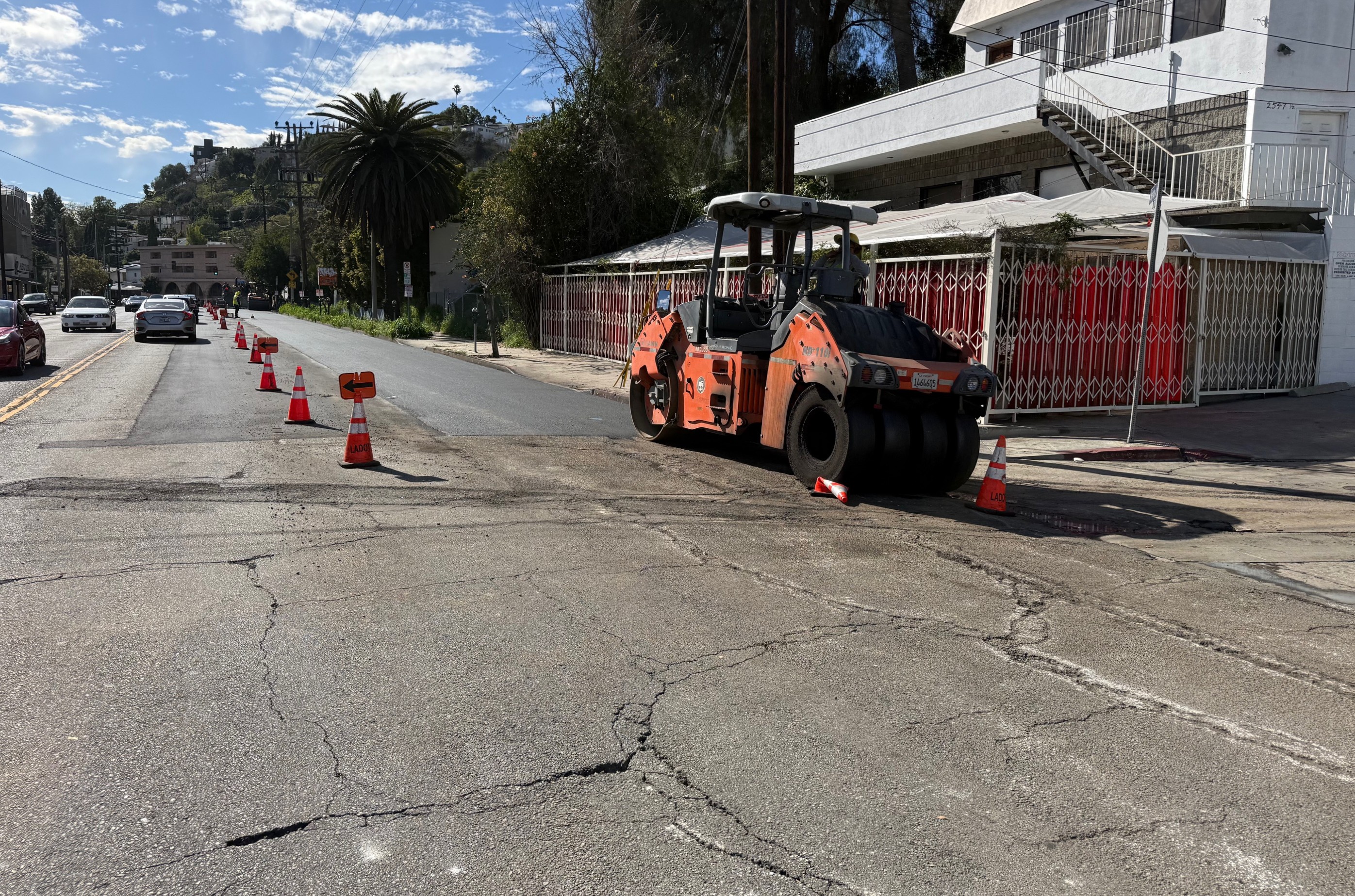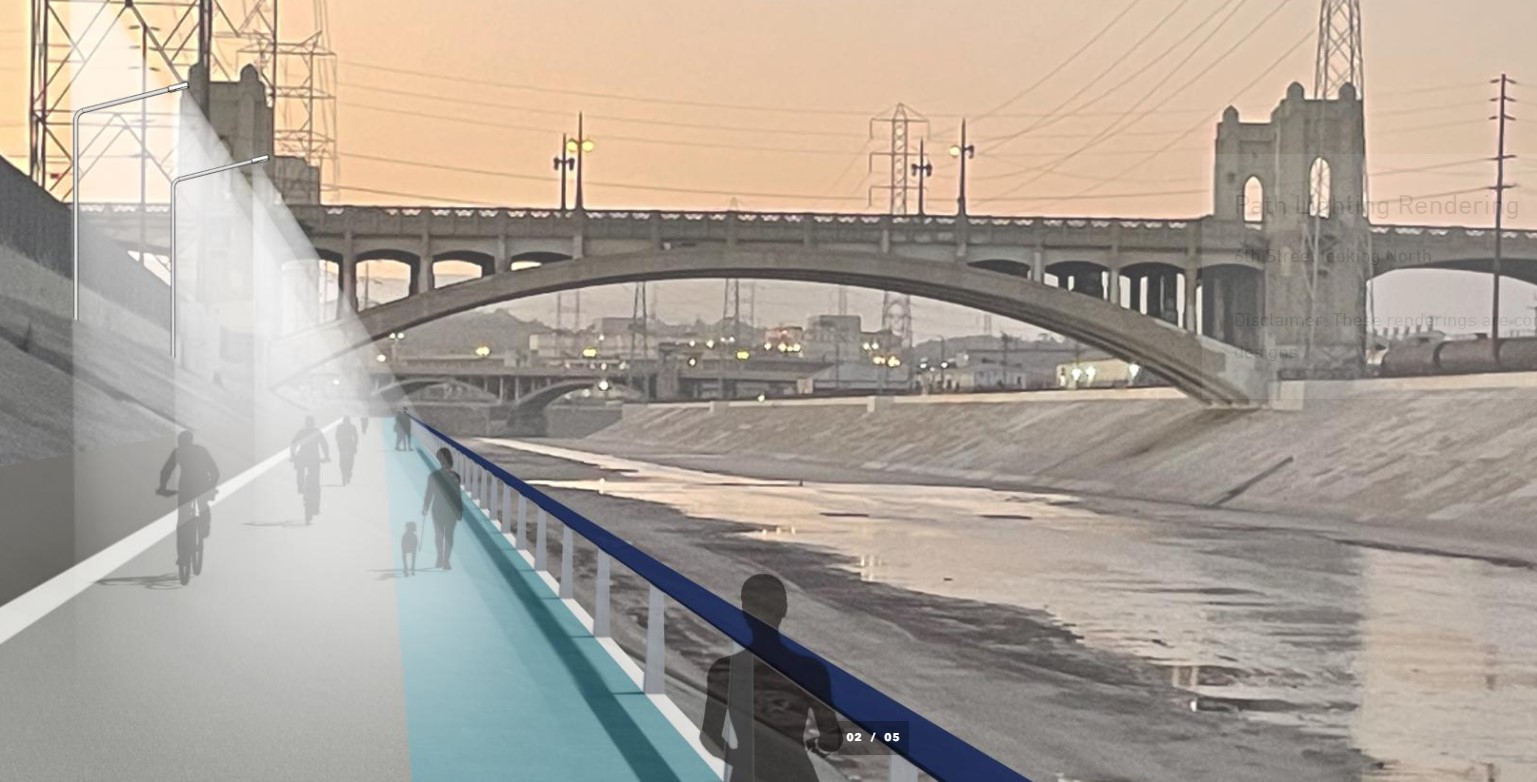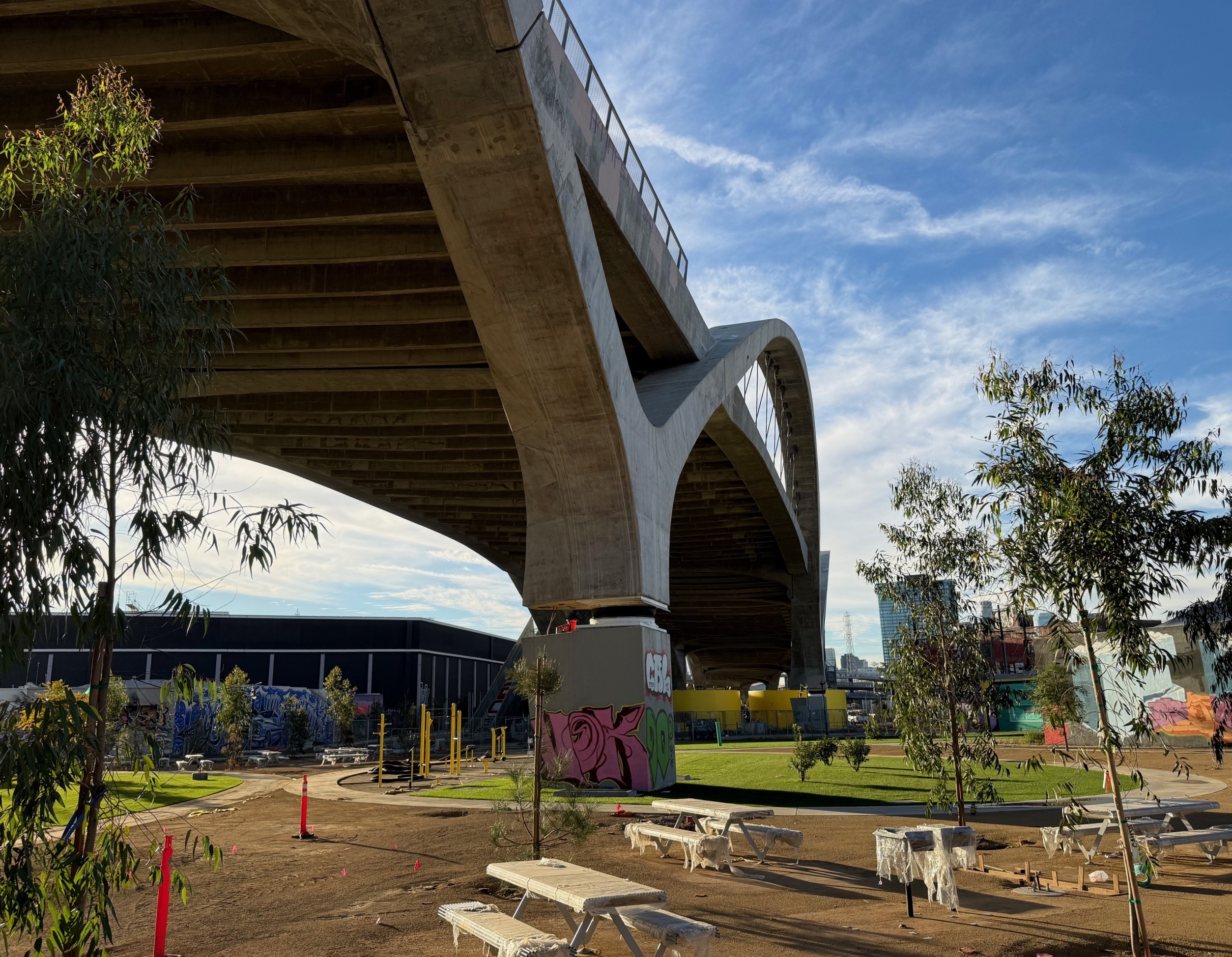It's finally over.
Last week, the Argonaut Newspaper declared the effort to recall Westside City Councilmember Mike Bonin dead. No services need to be held for the campaign that thought it could ride a popular Councilmember out of town based on people's objections to road diets. The once-feared Recall Bonin Campaign went out without so much as a whimper; it just lapsed into silence after the campaign director, the once ubiquitous Alexis Edelstein, quietly began a new job in sales. The suddenly shy Edelstein didn't even return calls from Argonaut reporters seeking comment on the campaign's status. The twitter account hasn't been updated since April. Its Facebook page has been dormant since this sad post about Bonin using an outdated Airbnb logo in May.
It's okay to take a moment to celebrate. Go ahead. I'll wait.
The comically inept campaign did nevertheless manage to do some lasting damage. City officials will tell you in hushed tones that many of the most progressive road diet projects are being put on hold or toned down. Then there's the damage done to the Mar Vista community, where political battle lines were drawn over a campaign that was half ego-trip and half farce, and discussions of the road diet became politically charged mine fields.
So now that the campaign is done, what's next? What, if anything, can we learn?
- There was never widespread popular support to recall Bonin. While the campaign was able to generate a lot of noise and radicalize people near the Venice Blvd. Road Diet, even many of the people mad about the road diet weren't on board with recalling a popular city councilmember who had received 70 percent of the vote in an election that took place just over a year go. The signature-gathering campaign never got off the ground, partly because Edelstein and Recall leaders were counting on a large amount of money coming from the South Bay and Playa Vista to pay for the effort. When that money dried up, there was no move to mobilize volunteers, and then Edelstein's inability to file paperwork made the recall moot.
- We cannot let the city retreat on Vision Zero and safe streets. In her coverage of last week's rally demanding justice for hit-and-run victim Frederick "Woon" Frazier and of meetings in South L.A. about their ongoing traffic safety crisis, Sahra Sulaiman reported that the LADOT is focusing its safety efforts on creating more left-turn pockets. Missing from LADOT's presentation was a discussion of the role that vehicle speed has on both the number of injuries and the rate of fatal injuries. Sure, left-turn pockets will help make the world a safer place, but the DOT was oblivious to the fact that there was a vigil being held for a slain cyclist a few blocks away from their meeting--as well as to headlines like this one in the L.A. Times: "Pedestrian Deaths Surge in L.A." This is not bold leadership that's going to make a difference.
- The battle to break up the status quo is harder than the battle to keep it. Even though the recall campaign never really got off the ground, politicians and decision makers have been terrified of it. Road diet plans in other districts have been rolled back. Other projects have been quietly pushed aside, and implementation of even the "legacy project" MyFigueroa has been sloppy at best. And this is in reaction to a campaign that never did anything but make noise. Compare that to the 2017 city council election. Incumbents who were opposed to Vision Zero projects--Paul Koretz, Gil Cedillo--were challenged by grass-roots opponents who pushed the incumbents on their record on safe streets. Each of those challenges was far more serious than the recall was to Bonin, but those politicians are not rushing to add wider sidewalks in response to these efforts the way that the city is slowing down on safety projects.
- The public meeting process is broken. During the recall campaign and the debate over the road diet in Mar Vista, I was able to observe first hand two very different types of public meetings. The ones held by the Neighborhood Council, as stipulated in the Brown Act, often saw speakers punctuate their points with threats to recall the councilmember. The politicizing of the road diet has been a major impediment to constructive dialogue and the format of the meetings proved an excellent place for people to vent and promote the recall, effectively tying its efforts and the Restore Venice Blvd. efforts together in people's minds. In contrast, when the city held its outreach meetings, the informational booths and stands provided both those who opposed and those who supported the project a way to discuss the pros and cons of the project in a more constructive fashion.
If you can think of any other messages and learning opportunities we might have missed, please mention them in the comments section.
